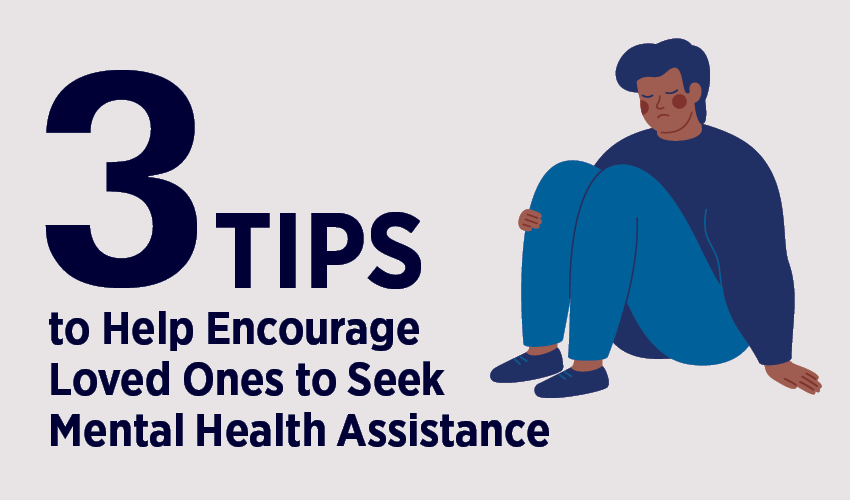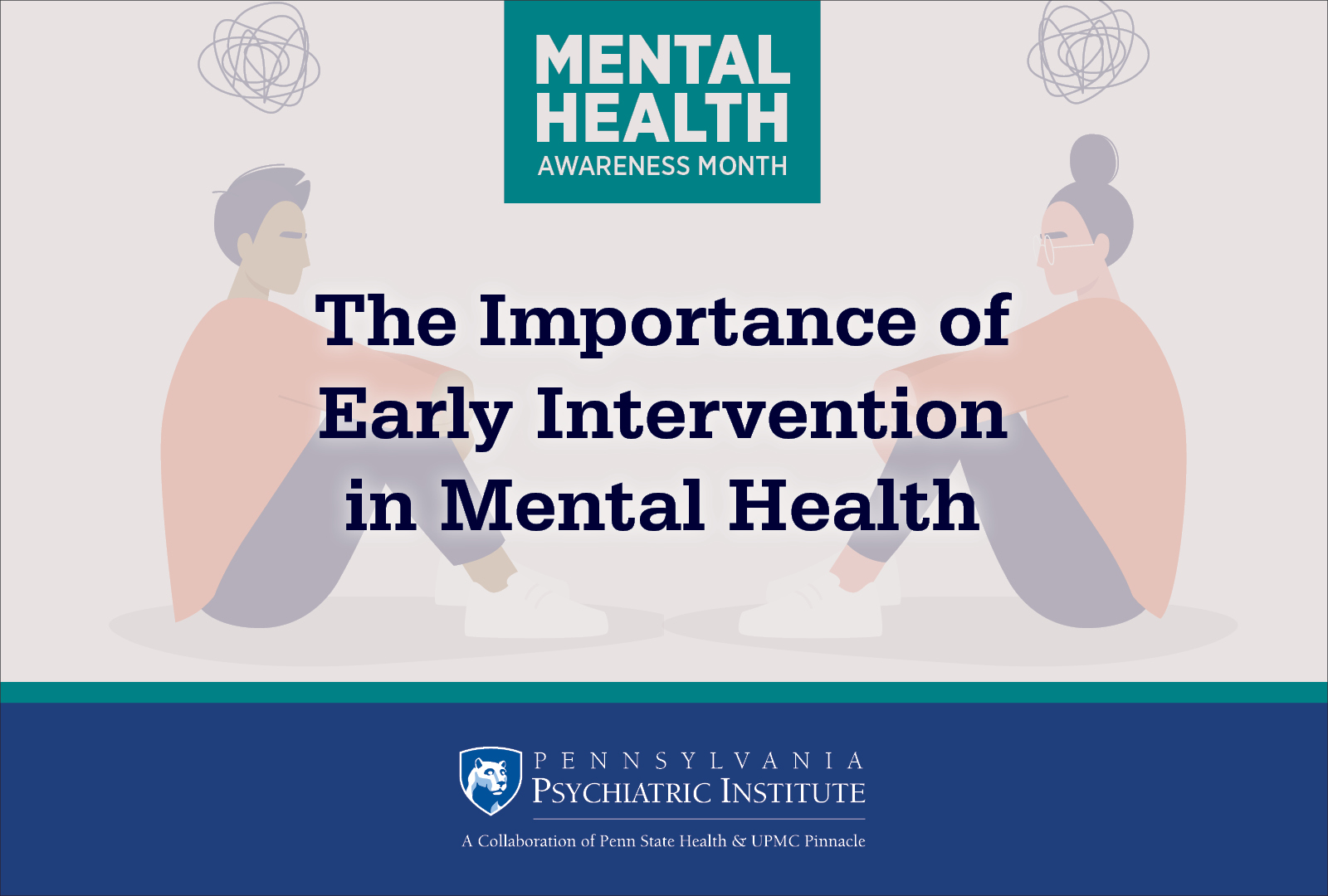Below, we will discuss the importance of early intervention in mental health, exploring the advantages of timely detection, intervention and treatment for mental health conditions.
Why is Early Intervention Important?
Improves prognosis and long-term outcomes
Early detection and intervention for mental health conditions can significantly improve an individual’s prognosis and long-term outcomes. Early intervention allows for the timely implementation of evidence-based treatments, effectively reducing symptoms and improving functioning. In addition, by addressing mental health issues in their early stages, individuals can prevent worsening their condition, reducing the risk of long-term disability or chronic illness.
Minimizes the risk of secondary complications
The presence of mental health disorders can often lead to secondary complications, such as substance abuse, self-harm or the development of other mental health conditions. By implementing early intervention strategies, it is possible to minimize the risk of these additional challenges. Addressing mental health concerns promptly allows individuals to receive the support and treatment they need, helping them maintain a healthier lifestyle and avoid the potential pitfalls that can arise from untreated mental health issues.
Enhances social and emotional development
Early intervention is crucial for children and adolescents, as mental health issues can severely impact their social and emotional development. Addressing mental health problems early on can help young people develop the necessary skills to form healthy relationships, excel academically and navigate the challenges of adolescence and adulthood.
Promotes family well-being
Mental health disorders can take a toll on the entire family unit. Early intervention can alleviate the emotional and financial stress placed on families, helping them to better understand and cope with their loved one’s condition. This support, in turn, enables families to provide the necessary care, creating a more nurturing and stable environment for recovery.
How Can We Support Early Intervention?
Raise awareness and reduce stigma
Promoting mental health awareness and reducing the stigma surrounding mental health conditions is essential in encouraging individuals to seek early help. In addition, by fostering a culture of understanding and empathy, we can create an environment where individuals feel comfortable discussing their mental health concerns and accessing the necessary resources.
Encourage routine mental health screenings
Mental health screenings can be a valuable tool in detecting mental health issues early on. Integrating these screenings into routine healthcare visits, schools and community programs can help identify at-risk individuals, allowing prompt intervention and support.
Improve access to mental health care
Access to mental health care is a critical component of early intervention. Ensuring that individuals have access to affordable, high-quality mental health services can help facilitate the timely detection and treatment of mental health conditions.
Collaborate with schools and community organizations
Collaboration between mental health professionals, schools and community organizations can help create a robust support network for early intervention. By working together, these groups can identify at-risk individuals, provide resources and implement evidence-based interventions to support those affected by mental health issues.

Initiate an open and nonjudgmental conversation with your loved one about their mental health. Share your concerns and observations without making assumptions or jumping to conclusions. Let them know that you care about their well-being and that seeking help is a sign of strength rather than weakness. Offer a safe space to express their feelings and listen attentively to their concerns.
2. Provide Information and Resources
Educate yourself about mental health conditions and gather information on available resources, such as mental health professionals, support group and crisis hotlines. Share this information with your loved one and encourage them to explore their options. Offer to assist in finding the right professional, making appointments or attending therapy sessions with them if they feel more comfortable with your support.
3. Share Personal Experiences
If you have personal experience with mental health issues or therapy, consider sharing your story with your loved one. Discussing your journey can help normalize the process of seeking help and demonstrate that recovery is possible. In addition, by showing vulnerability and honesty, you can help break down the stigma surrounding mental health and make it easier for your loved one to reach out for assistance.
Early intervention in mental health is essential for promoting recovery, enhancing the quality of life and reducing mental health disorders’ societal and economic impact. During Mental Health Awareness Month and beyond, let’s work together to raise awareness, reduce stigma and improve mental health care access for needy individuals.
PPI is available to help. Visit PPImhs.org or call 866-746-2496, available 24 hours a day, seven days a week, to schedule an appointment.

